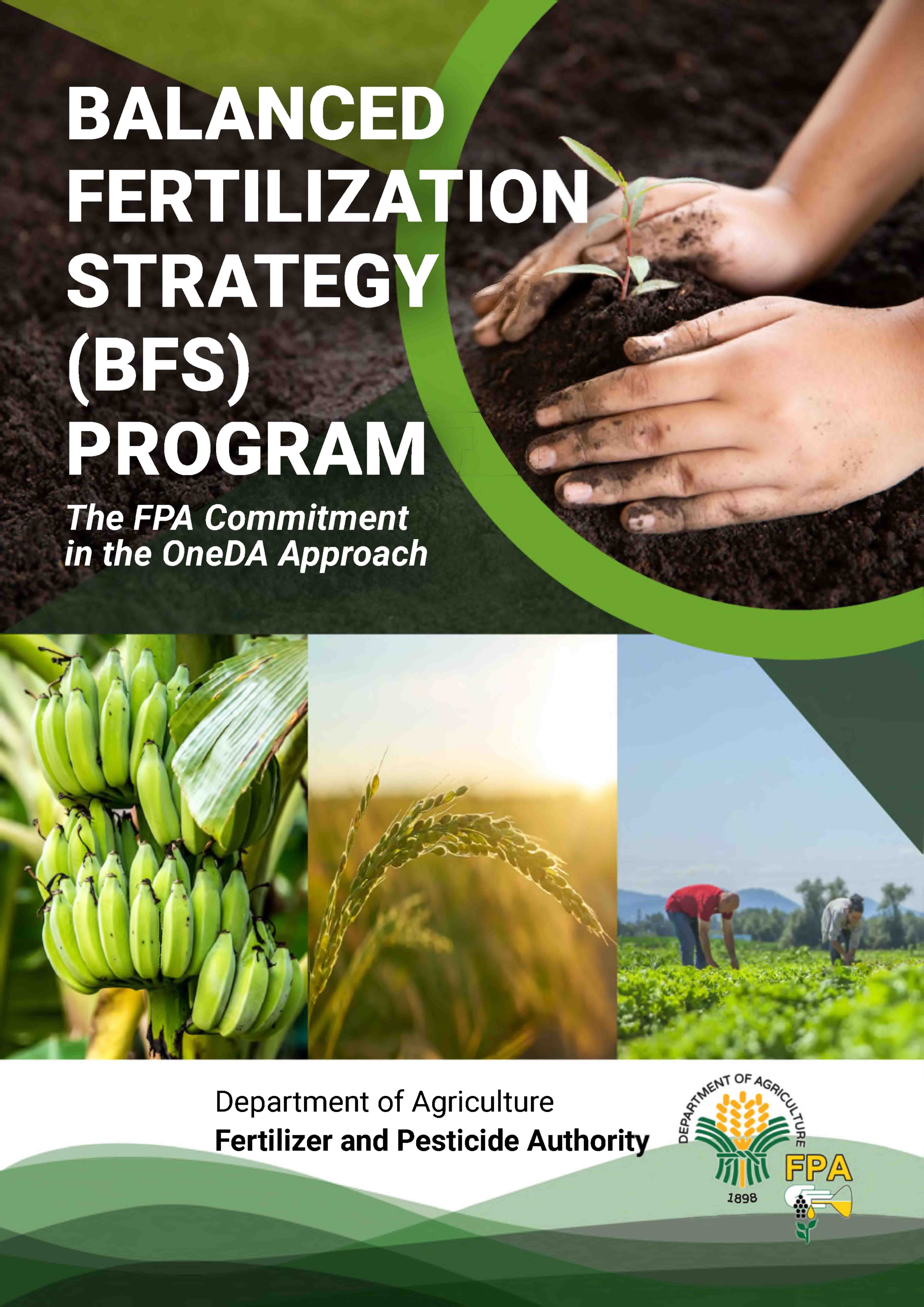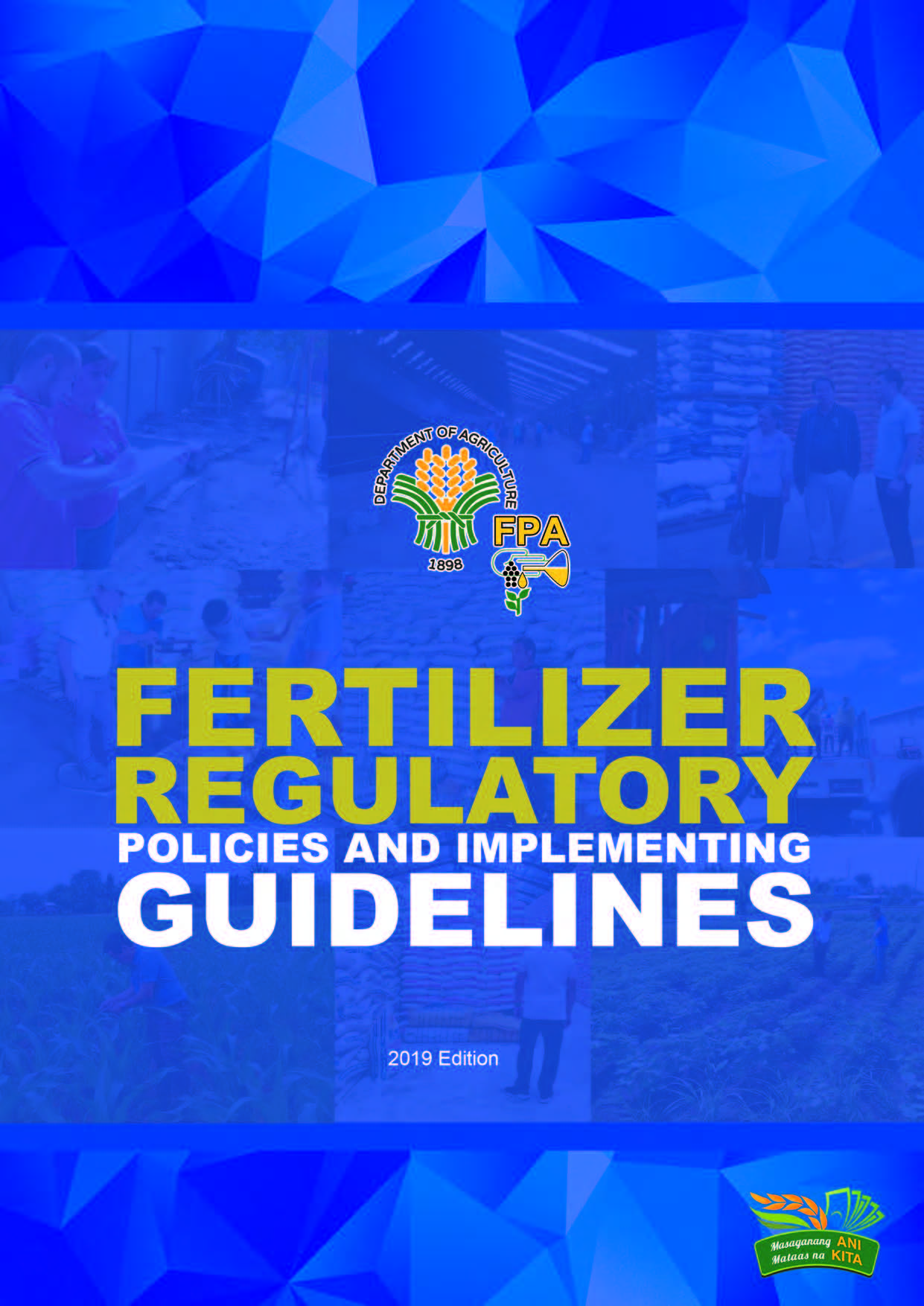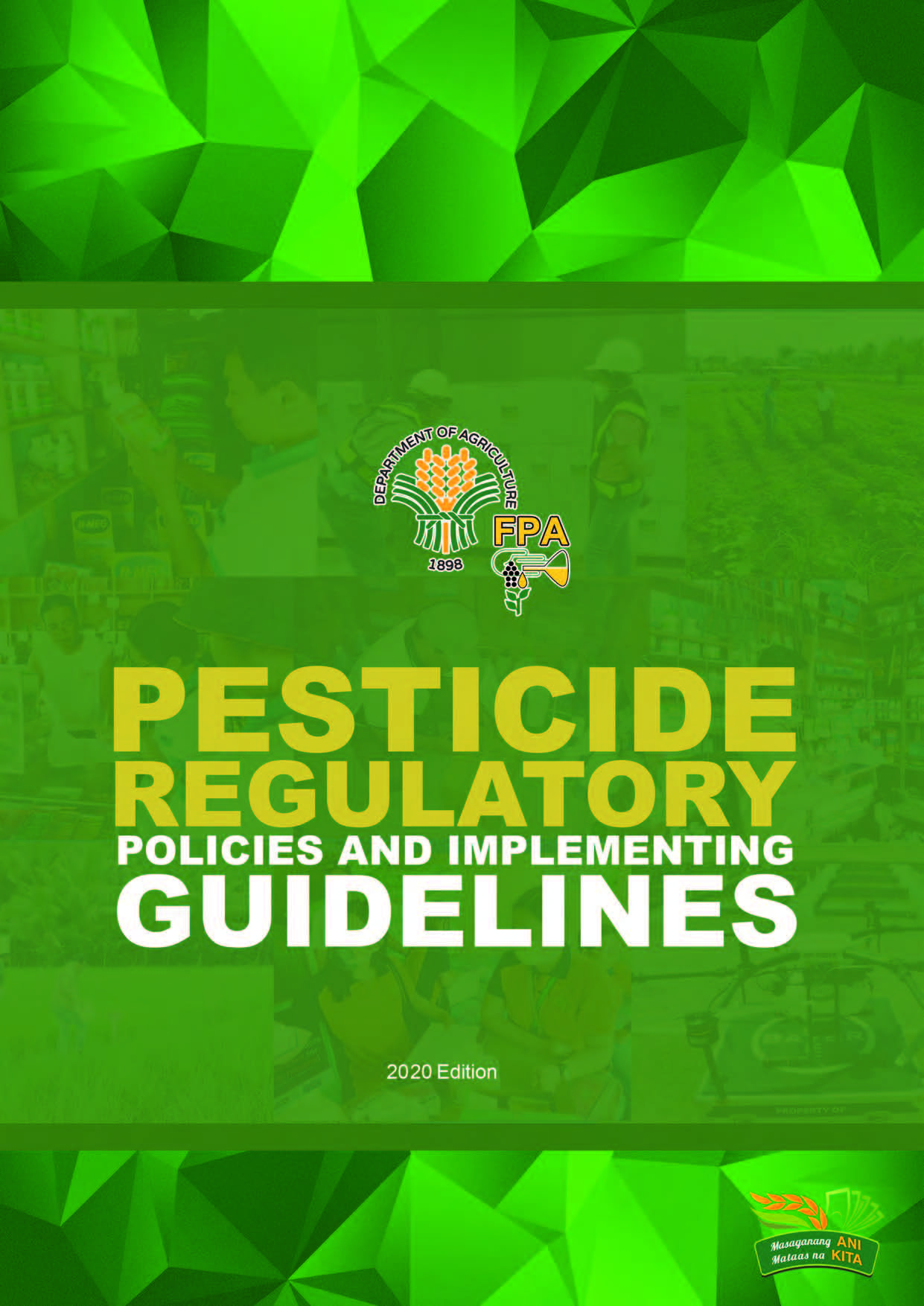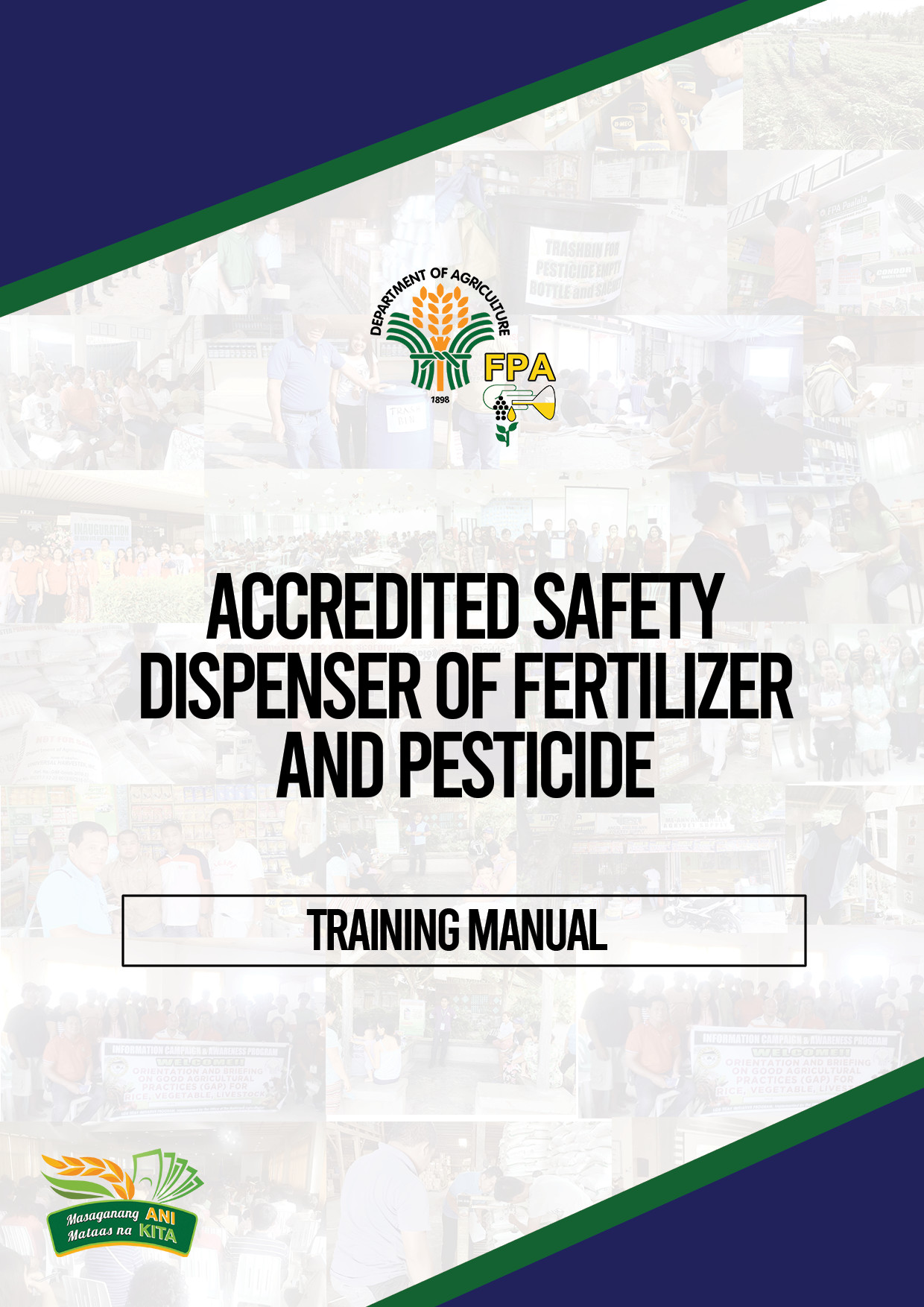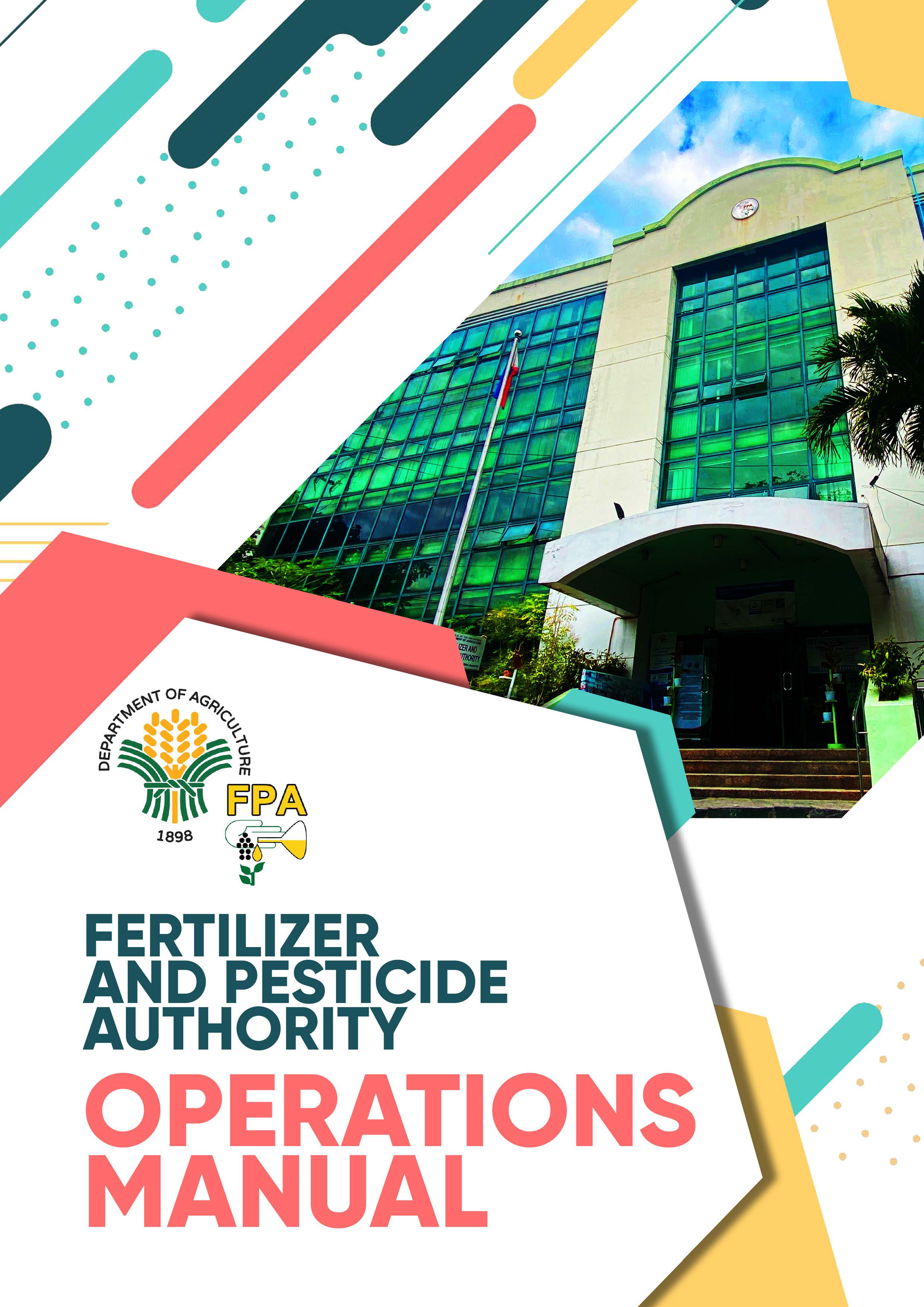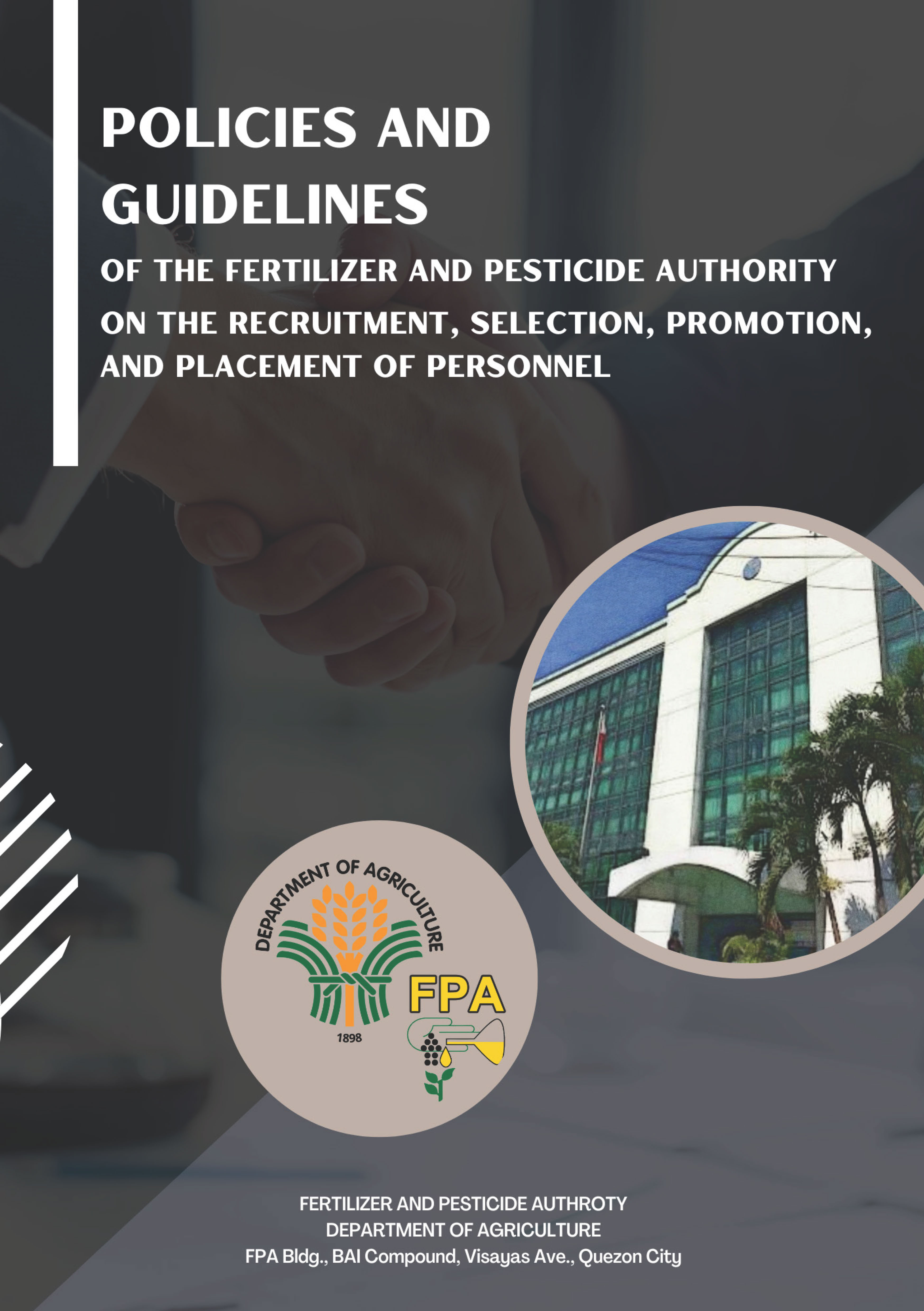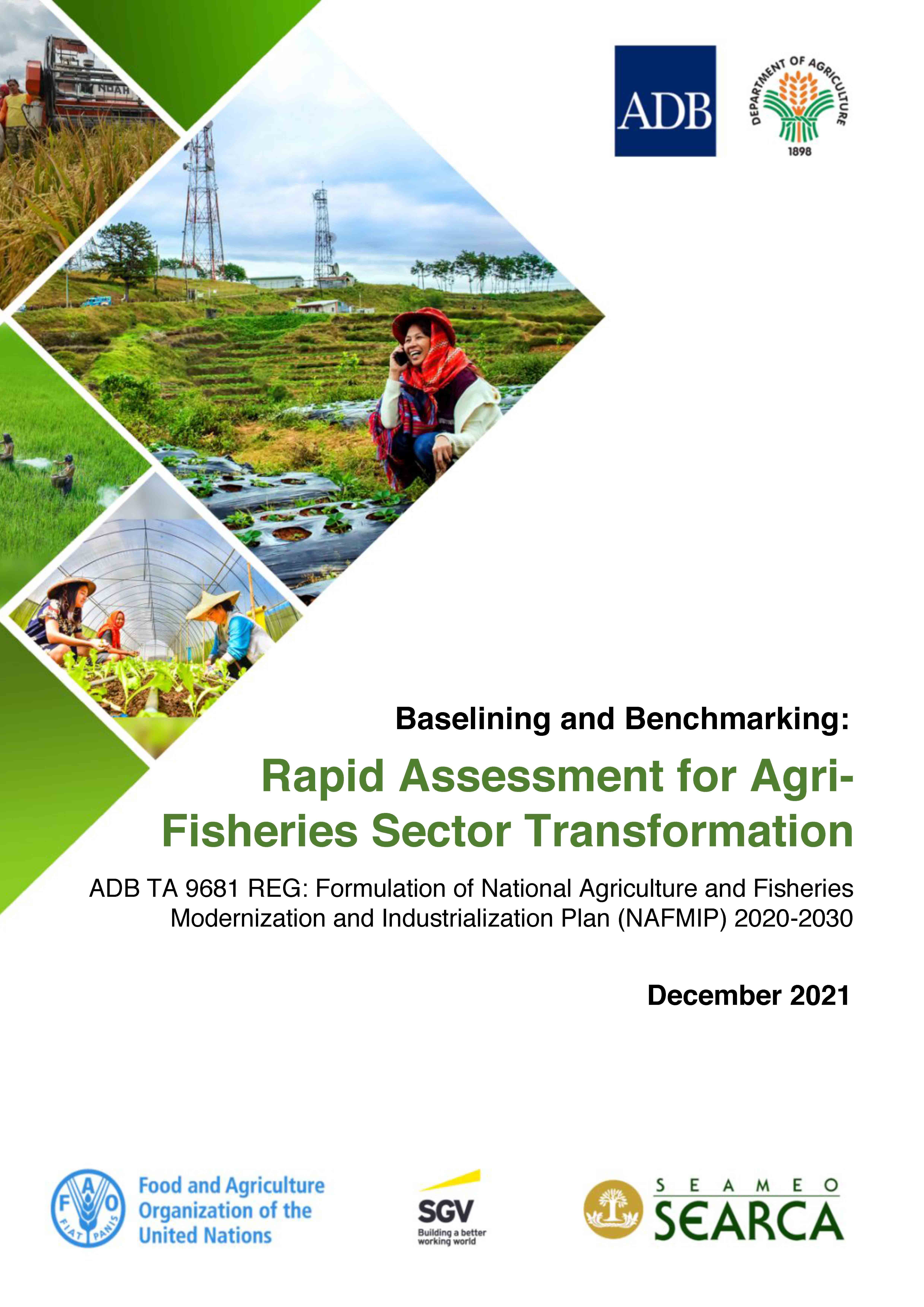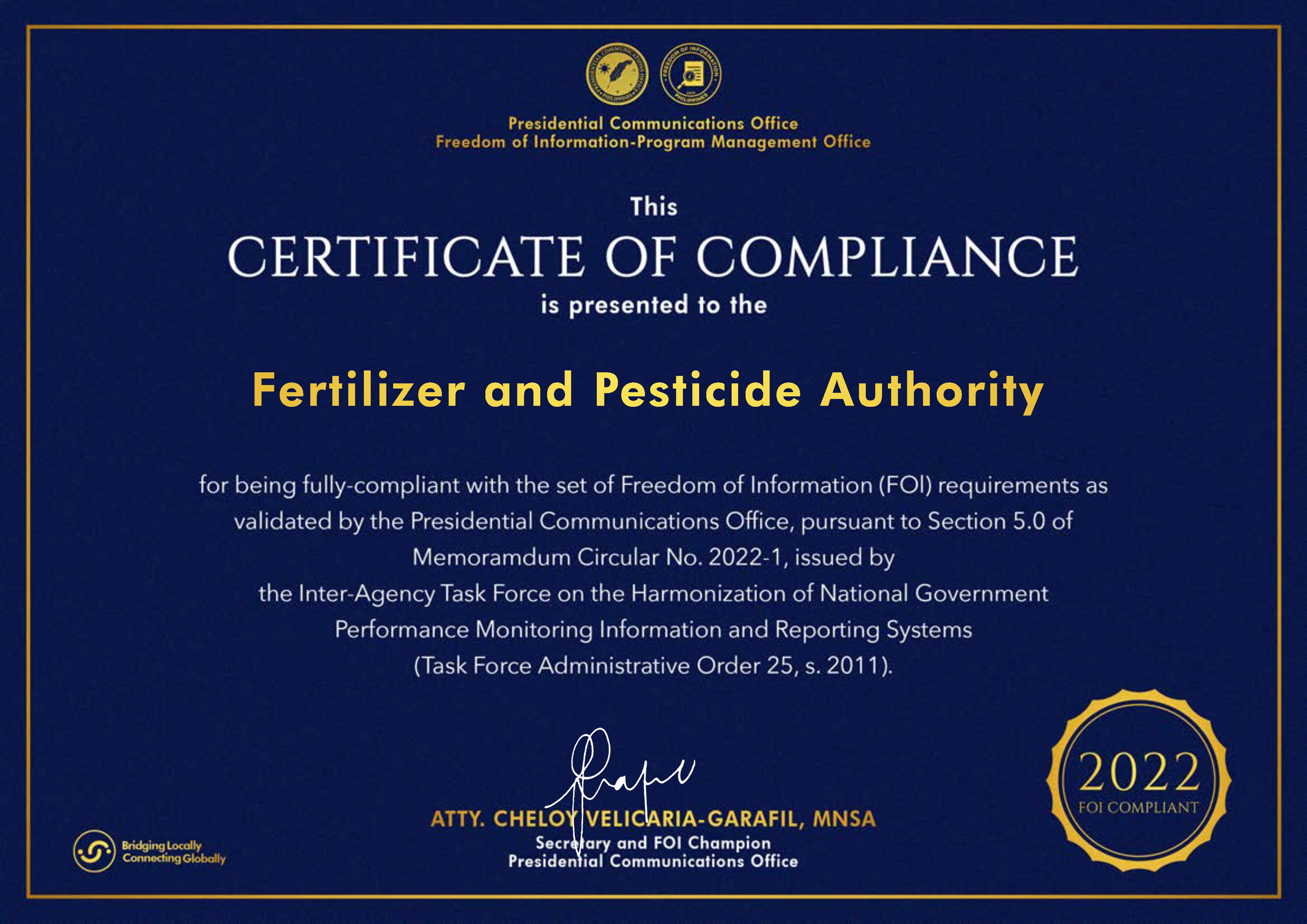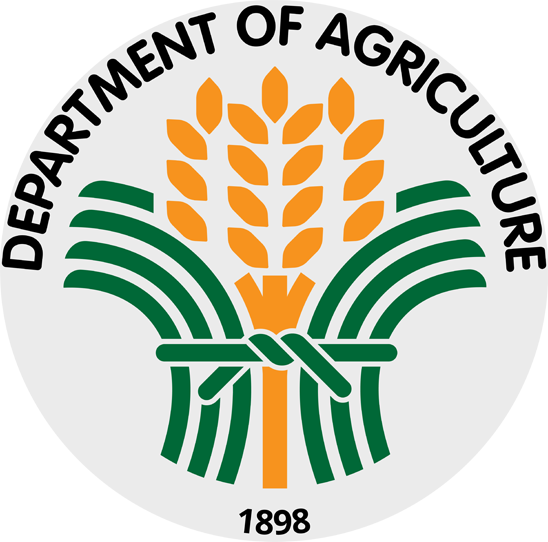FPA collaborates with SAAD to promote BFS
Written by Rustom Gain A. Tanduyan, Provincial Officer of Davao de Oro l Published: 30 March 2022
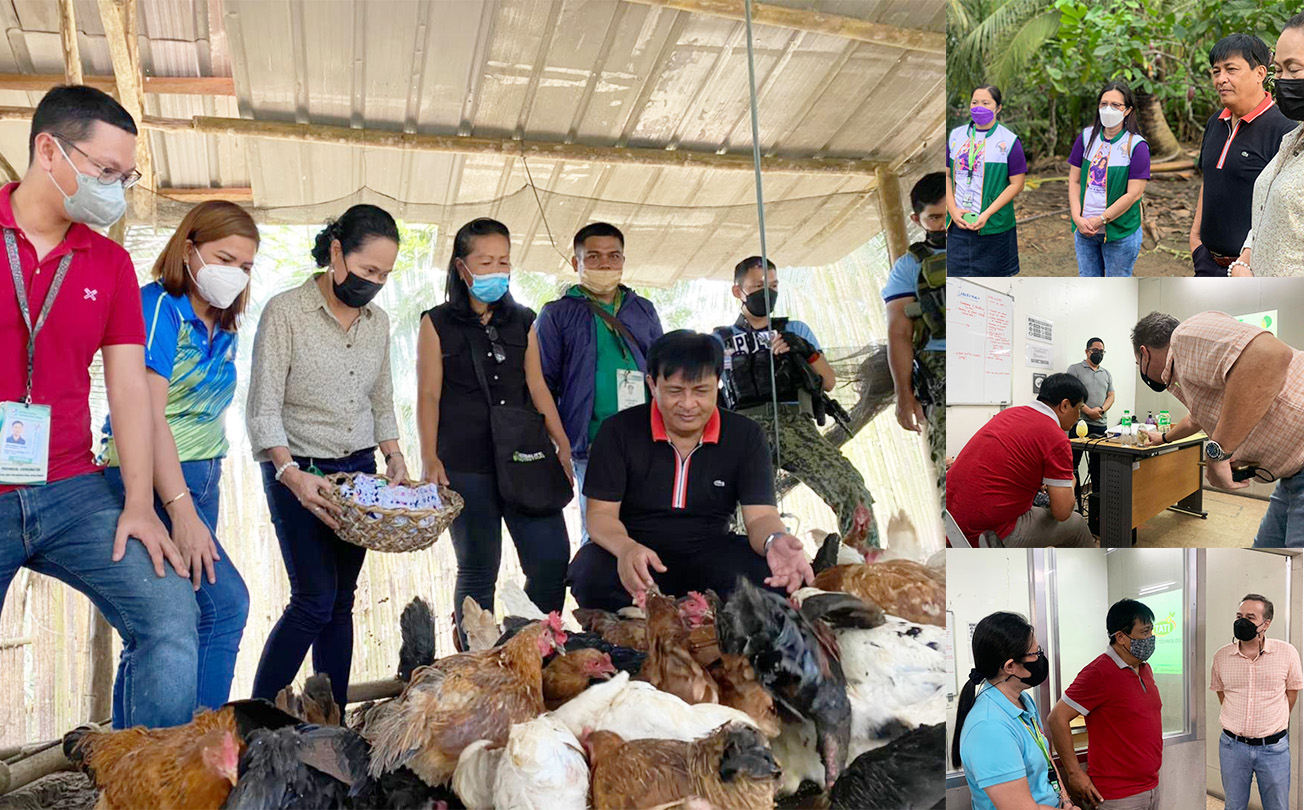
DAVAO DE ORO | March 28, 2022 – The Fertilizer and Pesticide Authority (FPA) coordinated with the Special Area for Agricultural Development (SAAD) to advertise the implementation of Balanced Fertilization Strategy (BFS) last March 22-24 at the municipalities of Nabunturan, Monkayo, and Lanak, Davao de Oro.
The activity was led by FPA’s Deputy Executive Director (DED) for Fertilizer, Dr. Myer Mula with Regional Officer (RO) Marrisa Napalit and Provincial Officers Cheery Agrade and Rustom Tanduyan, and the SAAD Team headed by RO Naomi Lamata.
The 3-day activity included visitation to fertilizer plant and facilities and consultation with stakeholders. They also explained to the farmers the fertilizer price hike and encouraged them to practice the Balanced Fertilization Strategy (BFS). Farmers were advised to utilize organic fertilizers by using their farm wastes such as chicken manure and leguminous crops to help improve and enhance soil fertility and structure.
Dr. Mula informed the farmers of proper and scientific fertilization technologies. He emphasized considering the nutrients needed by the crop, the type of crops fit to the soil, the climatic conditions of the area, and the right formulation of fertilizer required by the crops vis-a-vis soil type.
The team also visited the fertilizer plant and discussed the major concerns about the status of fertilizer production, movement, and the accuracy of the monitored fertilizer inventories. Dr. Mula initiated that the number reported per week by the fertilizer in the region (in terms of its inventories) might not be as realistic as it seems since some of the reports submitted (from importers, distributors, and down to the dealer’s level) might be counted double and that these numbers may affect the realization of what is really happening on the ground. He also mentioned that the FPA as a regulatory agency should create a digital system of real-time reports of inventories of fertilizers at the importer’s level only, and counting the inventories from distributors and dealers level might not be necessary since this is where the double-counting of fertilizer stocks take place from one handler to another.
Dr. Mula realized somehow that majority of today’s farmers do not actually know the efficient way of applying fertilizers in the field, and applying too much fertilizers doesn't mean it will be totally absorbed by the plant (law of the minimum), and the rest of the excess fertilizers will just be eroded which is a big loss considering cost-benefit analysis. He mentioned that applying fertilizer is not just about broadcasting the granules directly to the soil and by the plant, but it is the consideration of what soil nutrient is already present, the types of crops to be grown, the climatic conditions of the area, and the right formulation of fertilizer (customized fertilizer) that is really needed by the plant and by the soil.
He suggested that even if the government provides the necessary subsidies to address the high cost of inputs, for as long as these farmers don’t know how to apply these technologies scientifically, the services provided by the government will not make any sense at all.
Ms. Napalit also gave information about pesticides and safe handling. The team advised the farmers not to patronize fertilizer and pesticide products offered by peddlers. Instead, they encouraged the farmers to always purchase agricultural inputs from FPA licensed Dealers.
To address the issue, Dr. Mula programmed a plan in coordination with the stakeholders to help inform and spread proper and scientific fertilization technologies to our farmers through IEC campaigns and educate the farmers about the Balanced Fertilization System (BFS).
Fertilizer and Pesticide Authority (FPA) Online ISSN: 2815-1674
Published by the FPA Information and Communications Team


